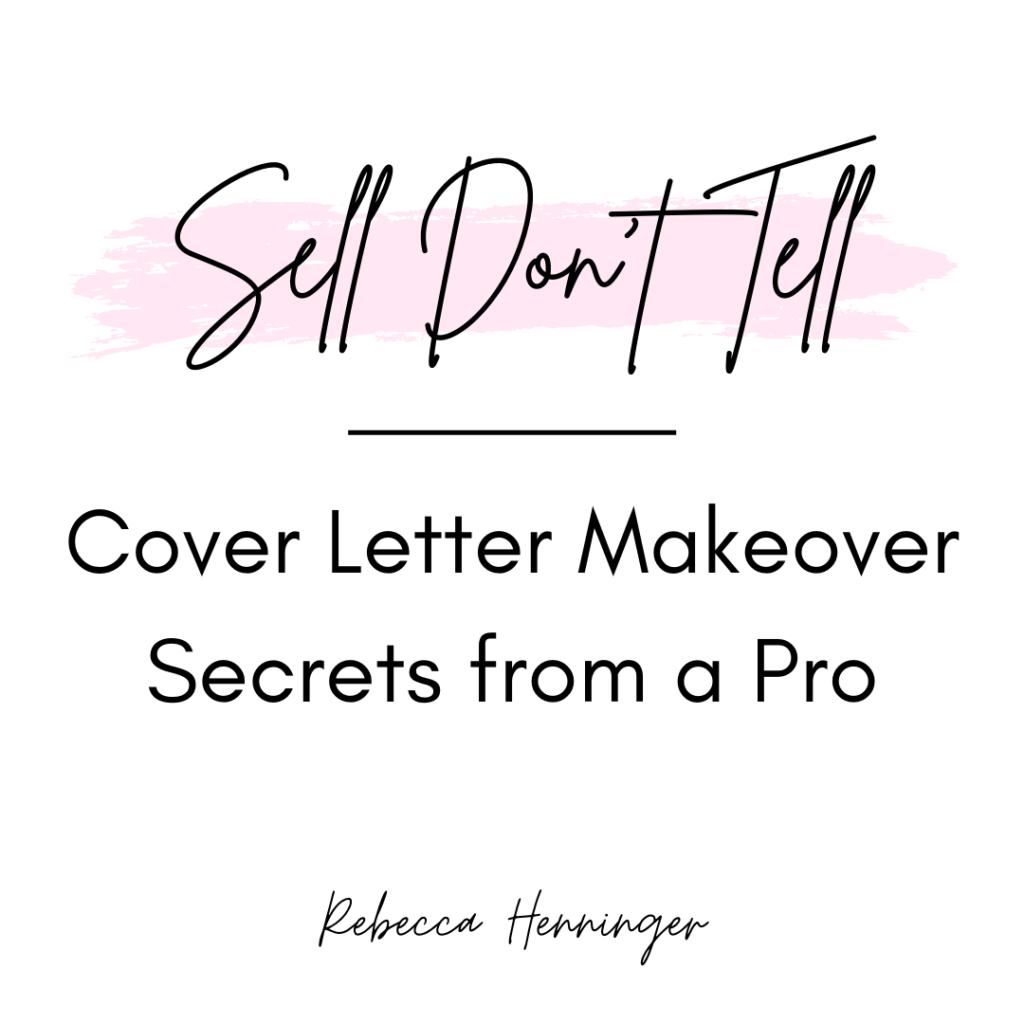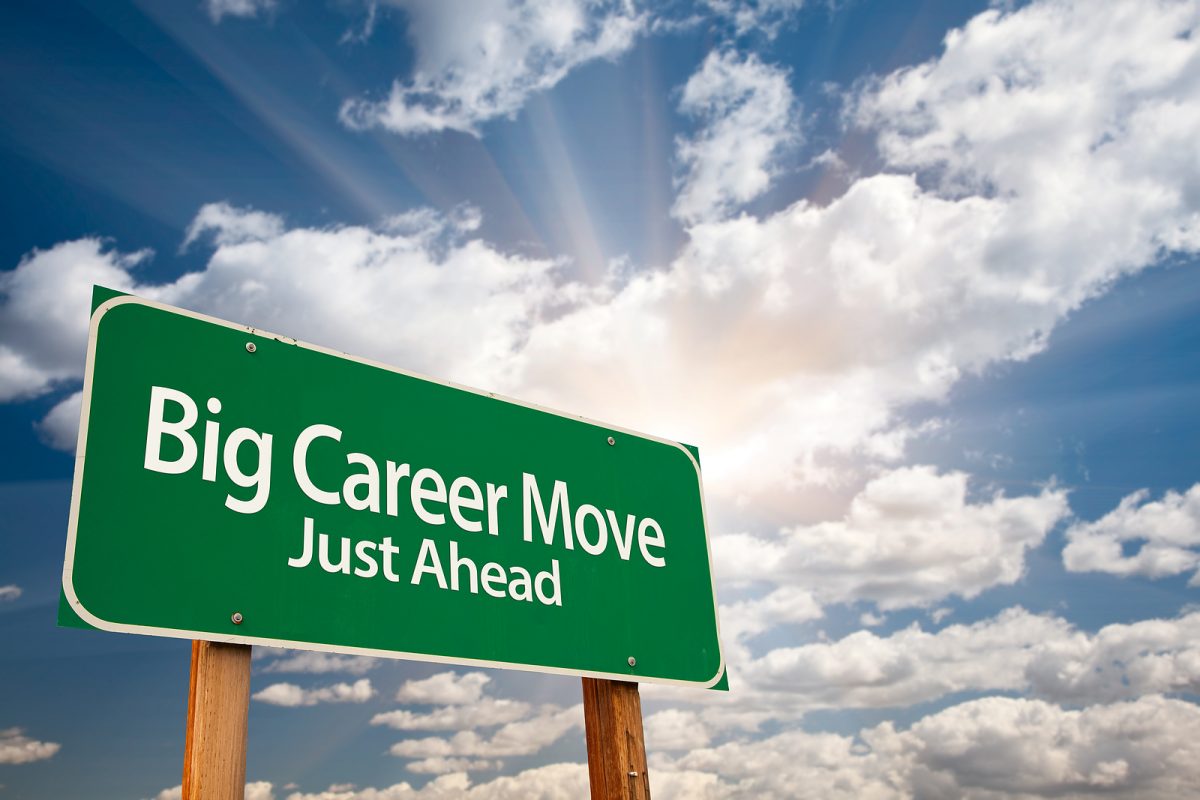The Evolution of LinkedIn Branding
When I first started working on LinkedIn profiles way in 2011, the profile structure was largely the same. What was vastly different, however, was number of people who really got LinkedIn and had a branded, differentiated profile. As a result, when I worked on storytelling, 1st-person profiles, I got a lot of resistance from clients who “didn’t want to stand out.”
Thankfully, as more and more people understand the power of personal branding and the importance of telling your story in an authentic voice, I no longer do quite as much influencing and educating around profile style.
How to Brand Yourself on LinkedIn
I love writing LinkedIn profiles because it’s really the only place in your job search collateral portfolio where an authentic, human voice is preferable and your personality can shine through.
As you look to craft a compelling story, here are 5 things to include and ways to make them your own.
- Branded Headline. This is the most important real estate on your profile and what a recruiter will notice first in the recruiter app. It should be keyword rich. Don’t be afraid to use all 220 characters but ensure that your target role is at or near the beginning.
- Brand Value Proposition: This is what you do and who you do it for. Ex. I help leaders and high achievers tell better stories. Drop our brand tagline in your headline for maximum impact.
- High-Value Keywords: Do your research and ensure that you have included the most critical keywords to maximize your exposure to recruiters on the platform.
- Quantified Achievements: LinkedIn is such a public platform, so this one can get a little tricky. It’s critical not to include any information that could be considered proprietary, by either your clients or the company you work for. On the other hand, it’s YOUR profile and YOUR brand so you’ll need to give consideration to ensuring that you have the evidence to back up claims you make.
- Recommendations: 3rd-party proof is one of, if not the most, effective form of marketing. You’ve undoubtedly had a positive impact in current or previous roles, so why not ask for a recommendation that showcases it? A great way to encourage recommendations is to recommend others. It’s also prudent to request recommendations from several sources, such as people you’ve worked on a team with, reported to, and collaborated with on projects.
Do I Really Need a Personal Brand?
Personal branding is often misunderstood. Really, it’s what makes you memorable. Similar to wearing a bright color or having a signature laugh or joke, it is ultimately how you will stand out in a crowded job market.
Be consistent, clear, and deliberate in defining the elements that make up your personal brand and ensure that you keep that focus and hit on those recurring themes throughout your LinkedIn profile.
Similar to crafting a narrative in a work of fiction, you’ll want to continue to develop your story, building upon thematic elements to create the story arc that will connect, and ultimately convert, your reader.



